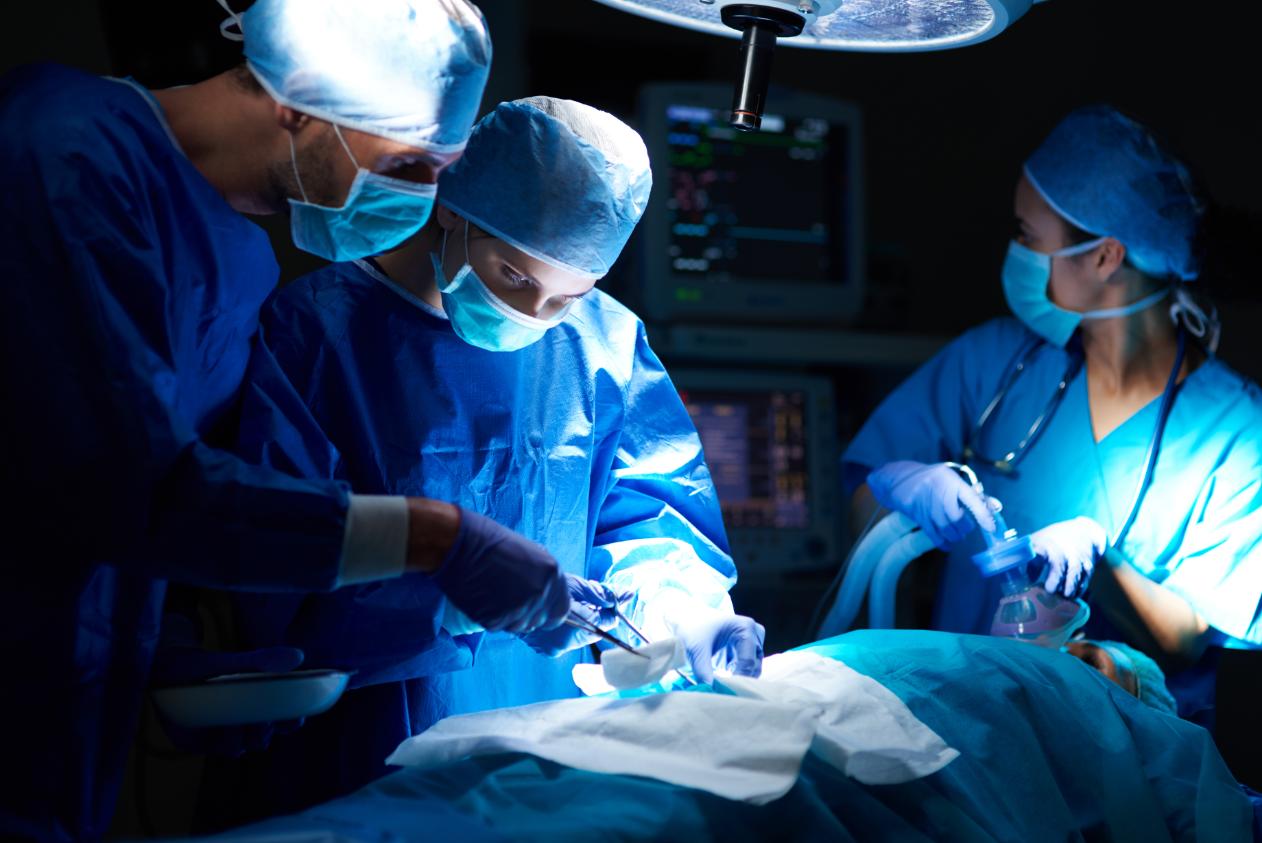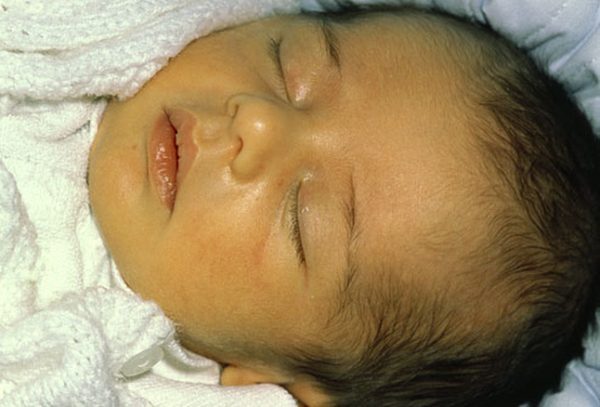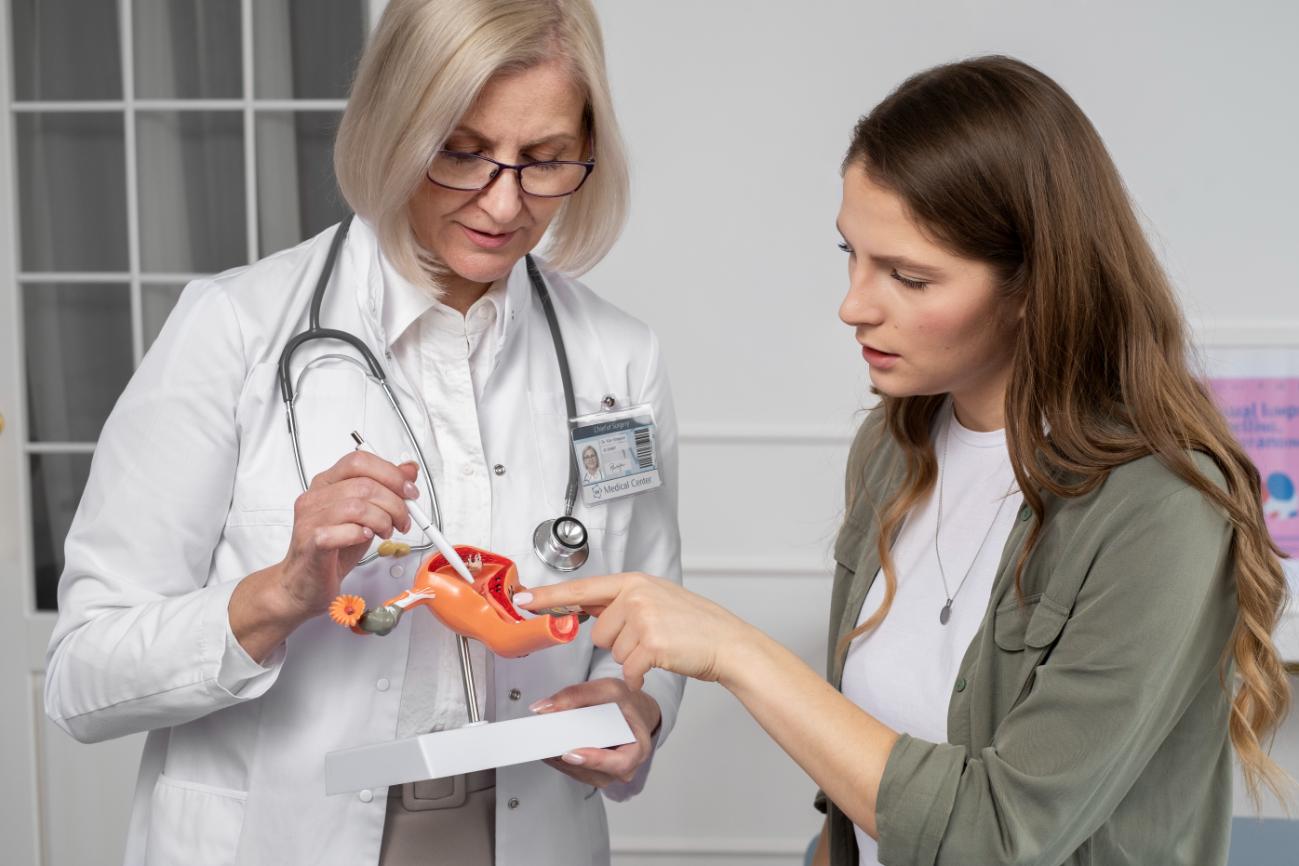
A bloat, a blemish or an emotional outburst – before you blame your family or friends for it, there might be something lurking within your body that is letting you react the way you do! Your hormones. It is about time you peg your hormones for things as minute as mood change. Pregnancy brings about drastic changes to the body and to your hormones. From weight gains and other expected changes, such as swelling and fluid retention, to less familiar ones such as vision changes, pregnancy will make you more aware of yourself. So, without much ado, let us take a look at the hormones that make the difference.
What are the main pregnancy hormones?
- FSH (follicle-stimulating hormone)
- LH (luteinizing hormone)
- hCG (human chorionic gonadotropin)
- Estrogen
- Progesterone
- Relaxin
- Placental growth factor
- HPL (human placental lactogen)
- Oxytocin
- Prolactin
Each of these hormones has a powerful role to play. We take a look at them in detail.
Estrogen & Progesterone
Estrogen, in addition to being the main female hormone, helps the uterus grow, maintains uterine lining, regulates other key hormones and triggers the development of the baby’s organs. And when it’s time to breastfeed, estrogen promotes the growth of breast tissue and helps milk flow. Progesterone teams up with relaxin again to help soften ligaments and cartilage, and loosen your joints to prepare you for labour.
Follicle-stimulating hormone (FSH)
The follicle-stimulating hormone is made by the pituitary gland in the brain and directs the ovaries to make eggs and estrogen. FSH thereby helps control your monthly cycle. FSH stimulates eggs to grow in the ovaries. This increases the production of estrogen. Rising estrogen levels signal the body to produce a surge of LH, leading to ovulation and potential pregnancy.
Luteinizing hormone (LH)
Luteinizing hormone levels rise just before ovulation and trigger the release of an egg from your ovary. When a sperm and egg come together, the corpus luteum lives on, producing the right hormones to ripen the uterus and nourish the growing baby.
Human chorionic gonadotropin (hCG)
hCG levels in the blood signals pregnancy. This hormone increases the production of estrogen and progesterone that helps the baby grow.
Relaxin
The levels of relaxin increase after ovulation and then helps prep the uterine wall to get it ready for pregnancy. It softens and lengthens the cervix and helps relax the muscles, ligaments and joints in the pelvis when the body gets ready for delivery.
Oxytocin
This hormone plays an important part during delivery by stimulating labour contractions. Oxytocin also helps the uterus to shrink and moves the milk to the breasts.
Placental growth factor & HPL
The placental growth factor encourages blood vessel growth which in turn transports the increased blood volume needed to nourish and support a growing baby. Along with the placental growth factor, Human placental lactogen preps your breasts to breastfeed. This hormone helps make colostrum, which is the antibody-rich pre-milk that precedes actual breastmilk.
In addition to these major hormones, there are many others that play minor, yet important roles. Talk to our panel of experts and know-how each one affects you.
Here’s where you can reach us for appointments or for answers to all your pregnancy related questions
http://www.kjkhospital.com/contact-us/
Phone Numbers: 0471-2544080, 2544706
Email: kjkqueries@gmail.com
Subscribe to KJK Hospital YouTube Channel and stay updated with the latest in Pregnancy and Infertility.
Subscribe Here –





